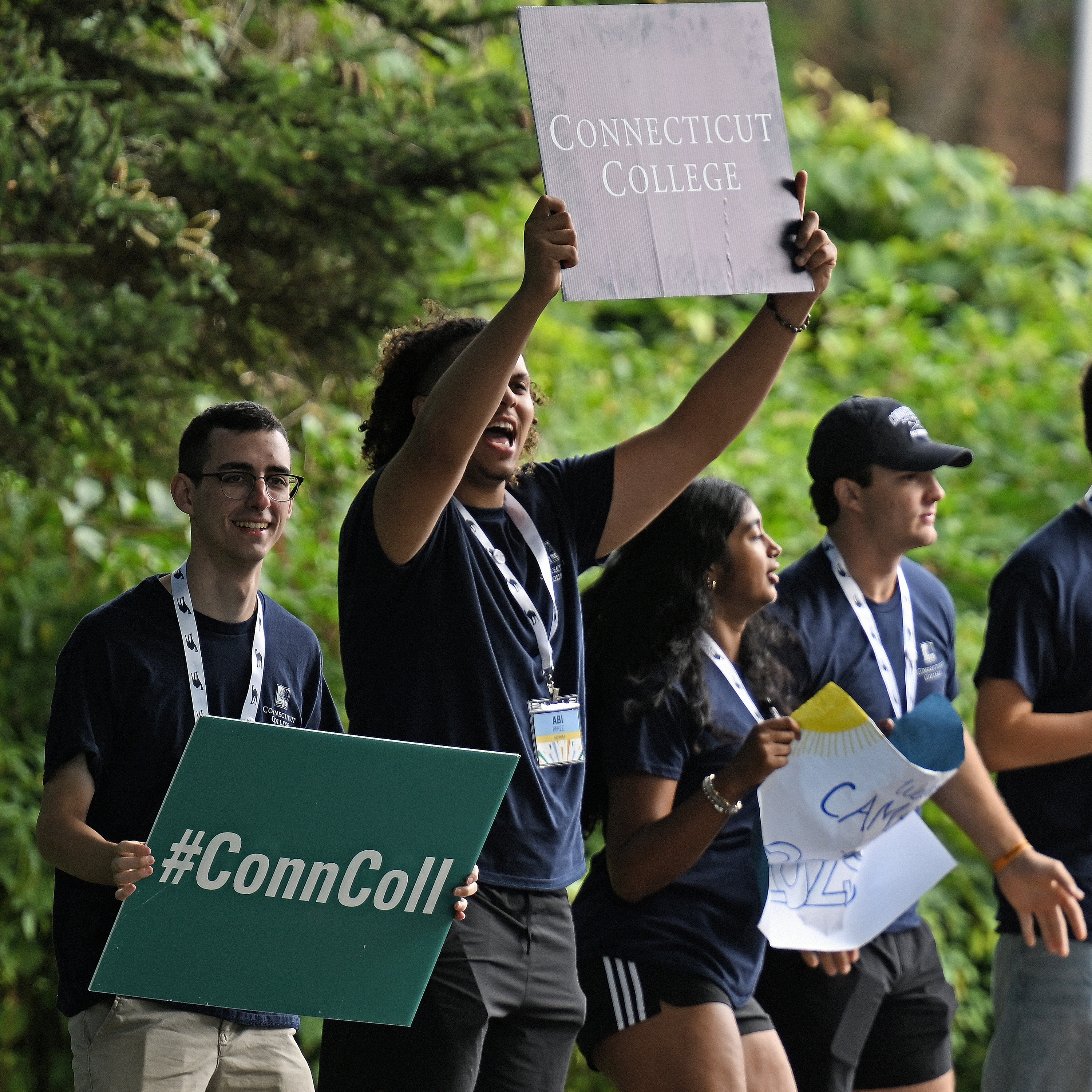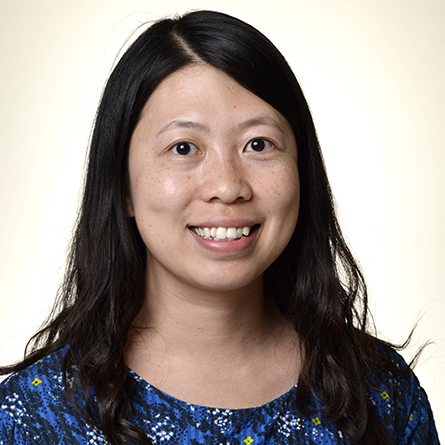
Economics professor awarded $215,272 federal research grant
Assistant Professor of Economics Wei Zhang will serve as principal investigator on a research project that is being funded by the National Institute of Food and Agriculture (NIFA), a federal agency that operates within the USDA.
Led by Professor Julian Alston at the University of California Davis, the project is being co-directed by Zhang and, over the next four years, will examine agricultural productivity in both California and Minnesota. The ultimate goal is to develop innovative and more accurate ways to measure agricultural productivity in the United States. Building this new trove of data will form a foundation for future research, and offer insights for policy makers at the state and federal levels.
“Agricultural productivity is important no matter where you live, and so is understanding the underlying patterns of agricultural production and resource use and how to measure them accurately,” said Zhang.
Zhang, an applied economist with a wide interest in issues at the interface of agriculture and the environment, will be collaborating with colleagues from UC Davis and the University of Minnesota.
As the world’s population continues to grow, and the challenges of climate change threaten to strain the global food supply, Zhang says this is a critical time to deepen our understanding of agricultural resource use so that we can better adapt in the coming decades.
“By the year 2050, in order to meet the projected demand for food, it’s estimated that global agricultural production will need to increase by 60 percent compared with what it was between 2005 and 2007,” Zhang said. “In the face of climate change and increasingly scarce land and water resources, as well as rural labor shortages, it will be a mission for many of us to find ways to enhance agricultural productivity and sustainability to feed a growing global population.”
Zhang explains that while existing measures of agricultural productivity have long served as important guides for policymakers and farmers alike, there’s a need to improve the accuracy and consistency of those measurements.
The project, “Accounting for biological capital in indexes of agricultural inputs and productivity: Concepts, measures and application to agriculture in California and Minnesota,” will focus on developing new methods for measuring agricultural capital input by explicitly accounting for living trees and vines, along with the trellises and irrigation equipment used in perennial crop production.
“Our plan is to incorporate these new methods for measuring productivity in California and Minnesota and then compare our findings with existing measurements,” Zhang said. “That will allow us to gain a better understanding of past and future patterns of agricultural input use, production and productivity.”
The award comes from the Agriculture and Food Research Initiative (AFRI) Foundational Program, the nation’s flagship agricultural competitive grants program.

